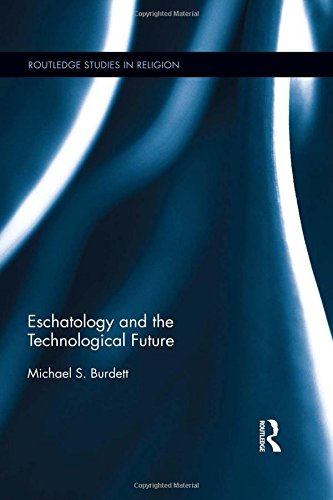

Most ebook files are in PDF format, so you can easily read them using various software such as Foxit Reader or directly on the Google Chrome browser.
Some ebook files are released by publishers in other formats such as .awz, .mobi, .epub, .fb2, etc. You may need to install specific software to read these formats on mobile/PC, such as Calibre.
Please read the tutorial at this link: https://ebookbell.com/faq
We offer FREE conversion to the popular formats you request; however, this may take some time. Therefore, right after payment, please email us, and we will try to provide the service as quickly as possible.
For some exceptional file formats or broken links (if any), please refrain from opening any disputes. Instead, email us first, and we will try to assist within a maximum of 6 hours.
EbookBell Team

4.1
30 reviewsThe rapid advancement of technology has led to an explosion of speculative theories about what the future of humankind may look like. These "technological futurisms" have arisen from significant advances in the fields of nanotechnology, biotechnology and information technology and are drawing growing scrutiny from the philosophical and theological communities. This text seeks to contextualize the growing literature on the cultural, philosophical and religious implications of technological growth by considering technological futurisms such as transhumanism in the context of the long historical tradition of technological dreaming. Michael Burdett traces the latent religious sources of our contemporary technological imagination by looking at visionary approaches to technology and the future in seminal technological utopias and science fiction and draws on past theological responses to the technological future with Pierre Teilhard de Chardin and Jacques Ellul. Burdett’s argument arrives at a contemporary Christian response to transhumanism based around the themes of possibility and promise by turning to the works of Richard Kearney, Eberhard Jüngel and Jürgen Moltmann. Throughout, the author highlights points of correspondence and divergence between technological futurisms and the Judeo-Christian understanding of the future.